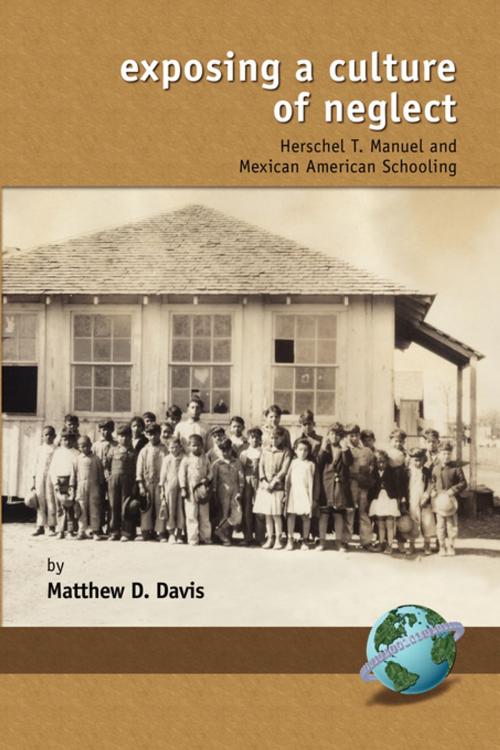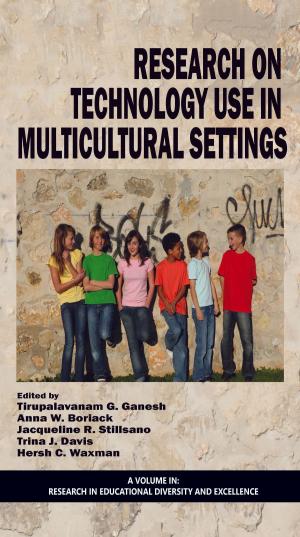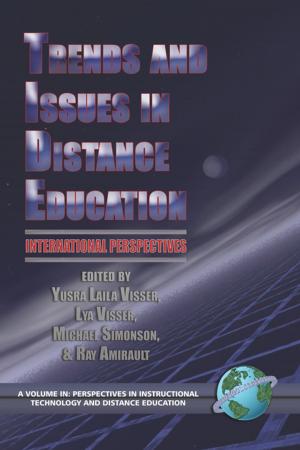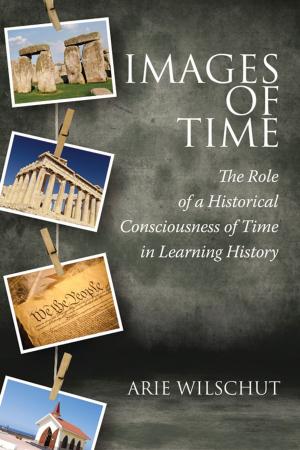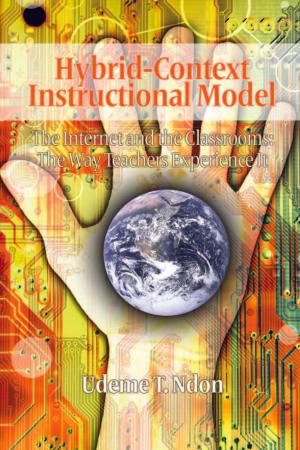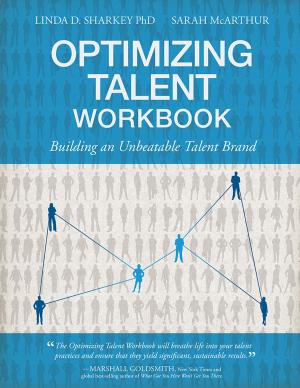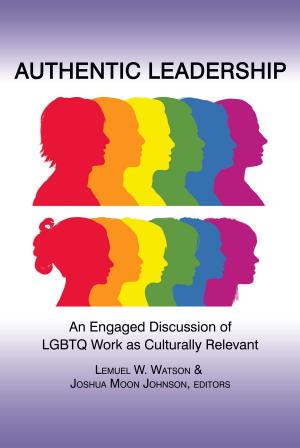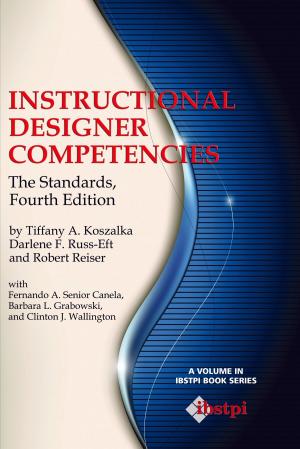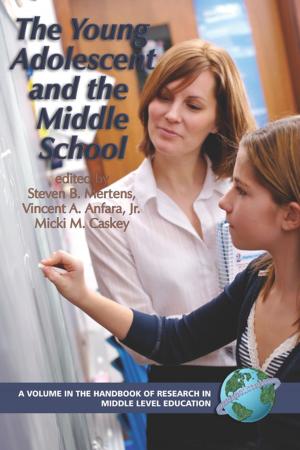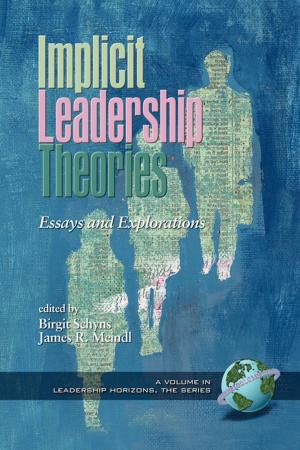| Author: | Matthew D. Davis | ISBN: | 9781607524687 |
| Publisher: | Information Age Publishing | Publication: | April 1, 2006 |
| Imprint: | Information Age Publishing | Language: | English |
| Author: | Matthew D. Davis |
| ISBN: | 9781607524687 |
| Publisher: | Information Age Publishing |
| Publication: | April 1, 2006 |
| Imprint: | Information Age Publishing |
| Language: | English |
In this book Professor Davis illustrates the often unexpected reach of historical research intended originally to fill a knowledge gap. He found a forgotten figure from the past who as a scholar and teacher had contributed significantly to education. Manuel’s story warranted attention, but in reconstructing it Professor Davis discovered leads to a more complex account in which the key actor, his ideas, and certain precise, albeit dynamic, social conditions intersected and influenced each other. In the end the book not only fills a gap, making the history of education in Texas and the United States more complete, it also underscores the thrust of other recent contributions to Latin American studies in casting doubt on the reliability of previously accepted standard histories. These accounts now seem dated and suspiciously wrongheaded. New research like that of Professor Davis pointedly suggests the old histories need to be reconceptualized, reorganized, and rewritten. Methodologically and substantively, his book advances work on this agenda. Specifically, it provokes fresh thinking about the now indisputably linked histories of education research, Mexican Americans, and racism in the United States.
In this book Professor Davis illustrates the often unexpected reach of historical research intended originally to fill a knowledge gap. He found a forgotten figure from the past who as a scholar and teacher had contributed significantly to education. Manuel’s story warranted attention, but in reconstructing it Professor Davis discovered leads to a more complex account in which the key actor, his ideas, and certain precise, albeit dynamic, social conditions intersected and influenced each other. In the end the book not only fills a gap, making the history of education in Texas and the United States more complete, it also underscores the thrust of other recent contributions to Latin American studies in casting doubt on the reliability of previously accepted standard histories. These accounts now seem dated and suspiciously wrongheaded. New research like that of Professor Davis pointedly suggests the old histories need to be reconceptualized, reorganized, and rewritten. Methodologically and substantively, his book advances work on this agenda. Specifically, it provokes fresh thinking about the now indisputably linked histories of education research, Mexican Americans, and racism in the United States.
